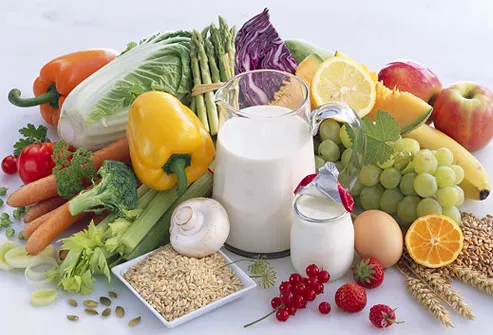Calls on food companies to immediately stop marketing foods high in fats, added sugars or sodium to children was made on Thursday’s policy statement from the Canadian Medical Association, Heart and Stroke Foundation, Hypertension Canada, College of Family Physicians of Canada and others.The proposed advertising restriction includes characters or mascots promoting sugary cereals. (Ryan Remiorz/Canadian Press)
Dr. Norm Campbell, a hypertension specialist at the University of Calgary who led the campaign Federal, provincial and territorial governments have said that protecting the health of children is a priority.
The groups say that in 1989, the Supreme Court of Canada ruled that “advertisers should not be able to capitalize upon children’s credulity” and “advertising directed at young children is per se manipulative.” Food companies in Canada, except Quebec, are not obliged by law to restrict unhealthy food and beverage marketing to children.
Dr. Marie-Dominique Beaulieu is the president of the College of Family Physicians of Canada and practices in Montreal, where she says companies have clear rules on what is considered healthy. “Up to 80 per cent of food advertising actually advertises unhealthy food and we know that it has a direct impact on the choices that children make,” Beaulieu said.
Canada hasn’t acted
The World Health Organization released recommendations on the marketing of food and beverages to children and called on governments worldwide to reduce the exposure of children to advertising and to reduce the use of powerful marketing techniques employed by the manufacturers of foods and beverages high in saturated fats, trans-fatty acids, free added sugars or sodium last May 2011.
Canada has not acted on the recommendations, the health groups said.
The group’s statement describes the policy goal this way: “Federal government to immediately begin a legislative process to restrict all marketing targeted to children under the age of 13 of foods and beverages high in saturated fats, trans-fatty acids, free sugars or sodium and that in the interim the food industry immediately ceases marketing of such food to children.”
They intend to use WHO’s suggestions on high content of saturated fats, trans-fatty acids, free sugars or sodium.
“Right now, we have a voluntary ban on marketing of unhealthy foods to children from the food industry,” said Campbell. “The industries that have signed on to that are the worst offenders. What they’ve done is made their own definition.”
If the plan passes, the restrictions would apply to TV, internet, radio, magazines, mobile phones, video and adver-games, brand mascots, product placement, cross-promotions, school or event sponsorships and viral marketing.
The Centre for Science in the Public Interest said on Wednesday night, NDP member of Parliament Libby Davies’s bill to phase in lower sodium levels in prepackaged foods and add simple, standardized labels, failed to pass with a vote of 147 to 122
